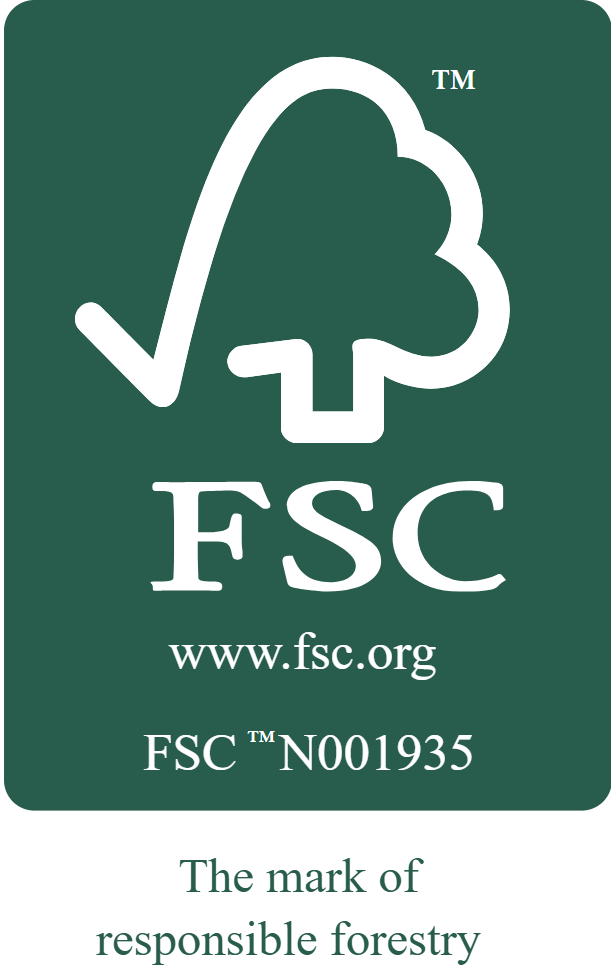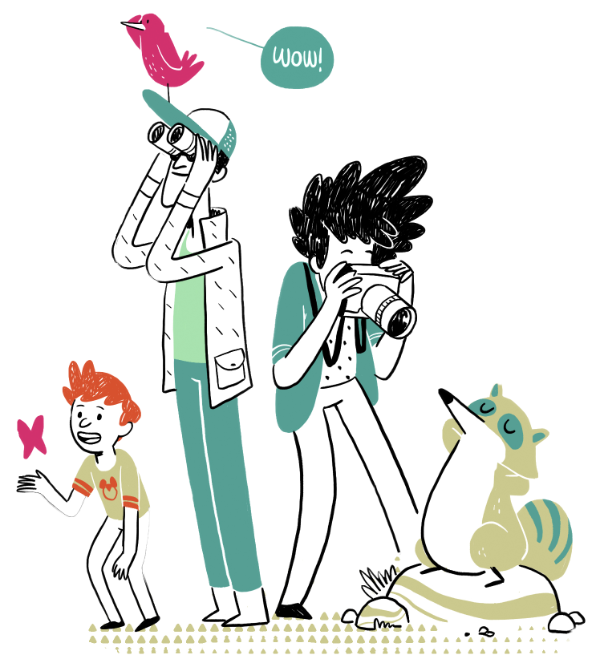Forests created or improved Adda Sud Forests
Why did we support this forest?
The Adda River has shaped areas that are precious for biodiversity in the Lombardy plain and given rise to the South Adda Woods. Extreme weather events, strong winds and floods are undermining their growth. For this reason, a series of interventions are necessary to preserve this green gem.
History of the forest
The Adda River runs through almost all the provinces of Lombardy for more than 300km, following a meandering path. Its wanderings have left visible traces on the territory. In fact, over the centuries, the river has shaped valuable areas for biodiversity in the Lombardy plain and given sustenance to the Adda Sud Forests. Over the past few years, the climate crisis has eroded the area’s delicate woodland ecosystem. Extreme weather events, floods, and strong winds are the main threats to these forests.
Where is the forest located?


How we improved the forest
Our protective interventions aim to make the area’s trees more resilient by increasing plant diversity to encourage the action of all pollinating insects. Without them, there would not be so many fruits on our tables! In addition, herbaceous flora will be enriched along a peri-urban bicycle and pedestrian path. In parallel, work will be done on a Natura 2000 Site, riverbanks and wooded areas. The goal is to contain the expansion of exotic species, collect the many crashes and dead plants from violent weather events and river flooding. Our project aims to make room for new trees, shrubs and plants that encourage pollinators. At both sites, Rete di Agricoltura Sociale will place hives with domestic bees, which will be analyzed by Milan State University as bio-indicators for environmental monitoring on air pollutants. The interventions will improve the condition of Adda Sud Forests, a green treasure to be protected.
This project is co-funded by the Lombardy Region’s Biodiversity and Climate Call (BioClima) and supported by Fondazione Cariplo. Bioclima is an initiative created within the framework of the Lombardy Plan and the LIFE GESTIRE 2020 project that aims to create public-private financing models to catalyze investment in biodiversity conservation and climate change adaptation projects in Lombardy’s forests and protected areas.
News from the forest

Partner of the forest


Join our community
Do you like trivia about trees and forests, and want to know how you can help create a greener future and help nature?
Sign up for our newsletter!
A couple of times a month you will receive news, scientific insights without catastrophizing, offers to adopt our trees, and news from our projects. With WOWnature, helping the planet becomes a positive experience. Every tree is a step toward a better future.



